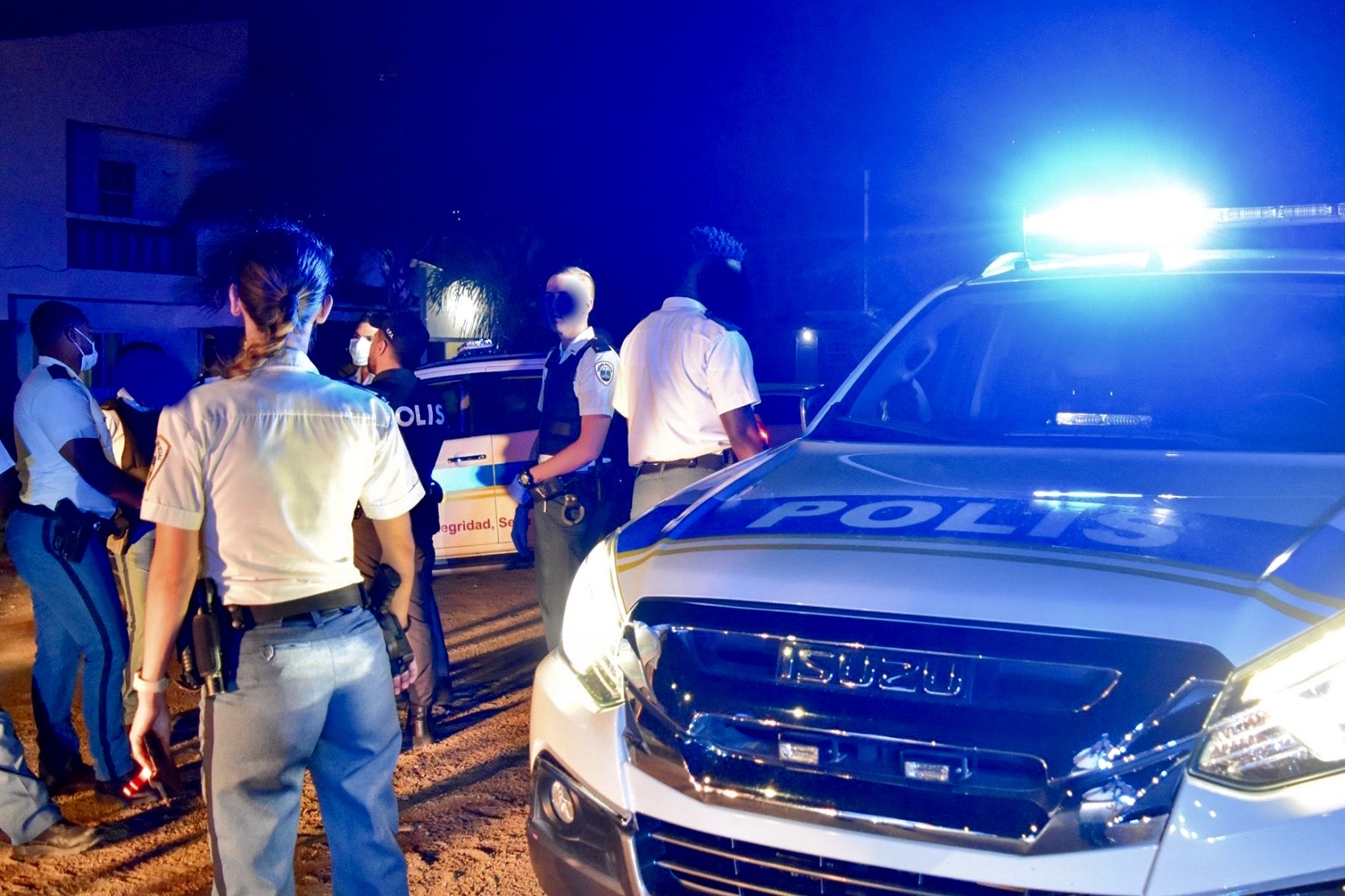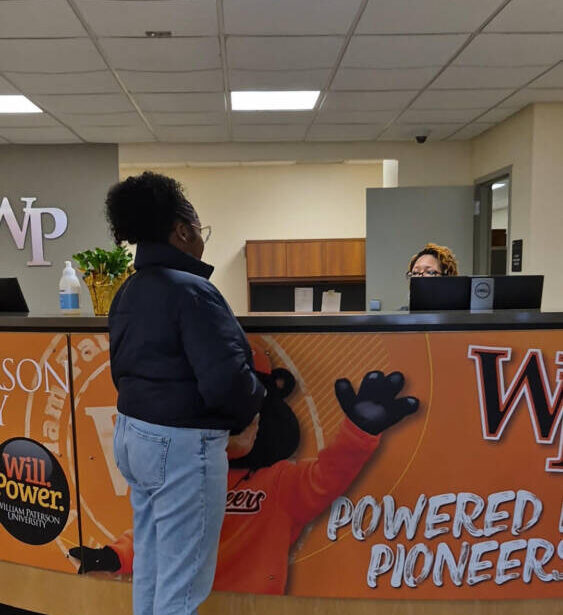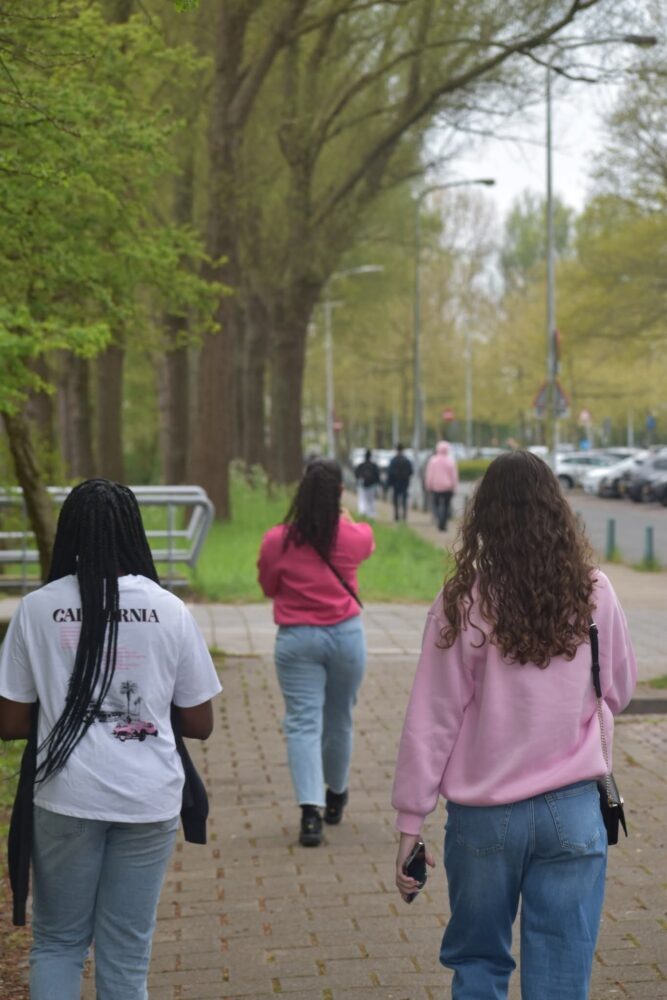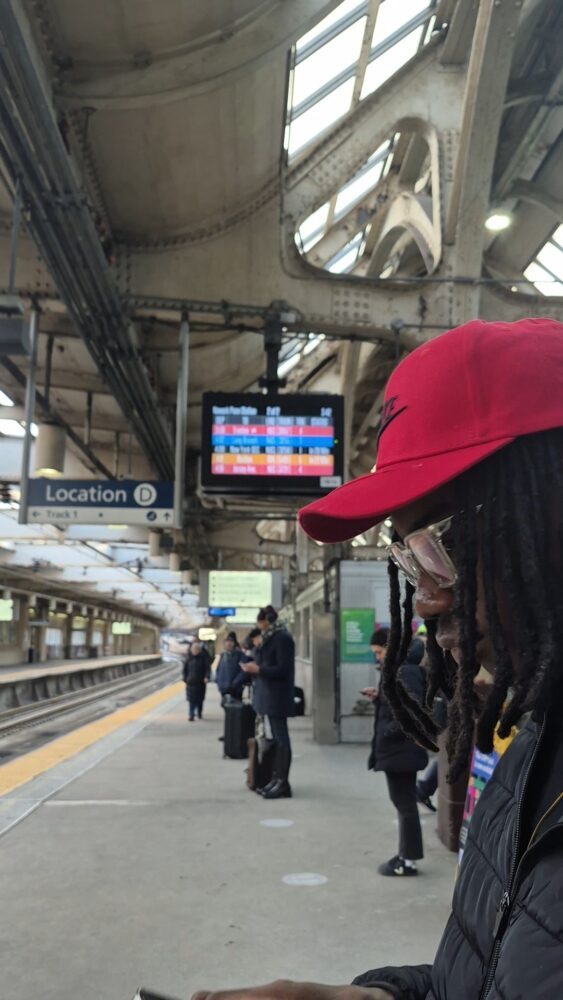ORANJESTAD/HILVERSUM – Caribbean Network correspondent Sharina Henriquez has filed a complaint against her unjust arrest and the defamation of her character. Henriquez was arrested on the 22nd of March while doing her job as a journalist, outside of the curfew which had been set by the government of Aruba during the corona crisis.
According to Wensly Francisco, board member of the Dutch Association of Journalists (NVJ), the Netherlands has to take a stance to guarantee the freedom of the press and an independent press on the islands. “The autonomous status of Aruba and the other islands Curaçao and Sint Maarten, should not be used as an excuse “when it comes to tackling violations of the freedom of the press.”
The Dutch minister for Media, Arie Slob, told Caribbean Network that he doesn’t see a need for a Kingdom wide media policy.
Bewilderment in The Hague
The Hague was bewildered by the arrest and Parliamentary questions were asked. Minister Slob still states that media policy a responsibility is of each country within the Kingdom. “The Kingdom will only come into action in its supervisory role when the normal legislative and judicial processes in a country don’t function properly”, says Slob. “At this point in time there is no need for that.” The curfew on Aruba has been lifted.
Franscisco says that it is the Netherland’s duty as an ex-colonizer to support the young democracies of Aruba, Curaçao, and Sint Maarten to achieve a free and independent press.
Henriquez’s arrest
Henriquez was arrested on March 22nd and had to spend three hours in a cell. She had to pay a 1000 Aruban florin (about 500 euros) fine for breaking the curfew. Henriquez had employment letters with her at the time but those were not recognized by the police as dispensation.
As a reaction to the arrest, the NVJ reprimanded the Aruban government. Reporters without Borders implored the Aruban government to drop the case. The case has been dismissed but Henriquez will pursue her complaint. Here she explains why:
Sharina Henriquez on her complaint (Dutch spoken)
Pavol Szalai of Reporters without Borders, European division: “Sharina was doing her job. The corona virus shouldn’t be abused to restrict the work of journalists. Journalists who already have to work under difficult circumstances in the Caribbean part of the Netherlands.” The NVJ has been trying to help Aruban journalists by giving them emergency press passes.
Freedom of the press in jeopardy for years
The freedom of the press and the independent press have been in jeopardy for years in the Caribbean part of the Kingdom. Transparency International said in a 2013 report that journalists earn a relatively low salary. Media companies depend on advertisers and private financing for their income, which makes them extremely vulnerable to outside influences. According to Transparency International there are nearly no conditions which help maintain the integrity of the employees.
UNESCO released a report in 2014 which states that on paper freedom of the press exists but that there are isn’t a modern legal framework ensuring the safety of journalists.
During the corona crisis there are press conferences on Aruba and Curaçao where only one question can be asked or where questions are not answered. Complaints from the government about these questions resulted in a journalist on Curaçao being suspended by his employer. The journalist is no longer suspended.
Almost no press on the Windward islands
On the Windward islands (Saba, Sint Maarten, and Statia), there is only one newspaper (run from Sint Maarten) still being published due to the devastation caused by hurricane Irma in 2017. This paper is suffering due to the corona crisis. There is no public broadcasting service on the islands.
Bonaire, Saba, and Statia are special municipalities of the Netherlands. The media sector on the islands fall under the responsibility of The Hague. However the islands have zero to no media outlets and are mostly dependent on media outlets situated on Aruba, Curaçao, and Sint Maarten. The OCW-department of the Rijksdienst Caribisch Nederland is talking to the parties concerned about strengthening the journalistic sector on the islands, according to minister Slob.








